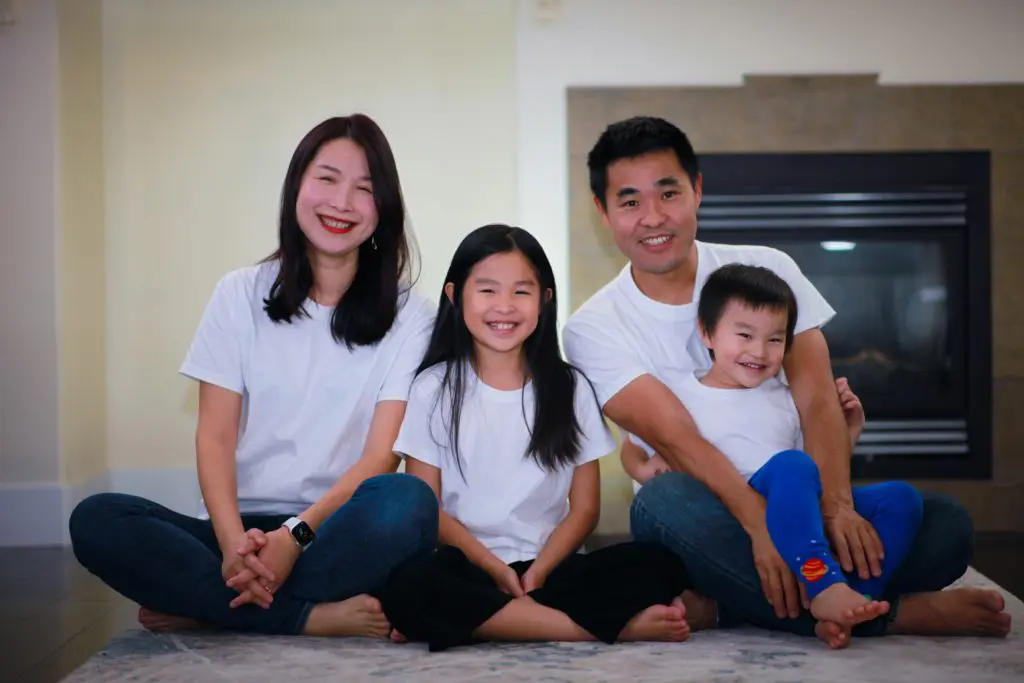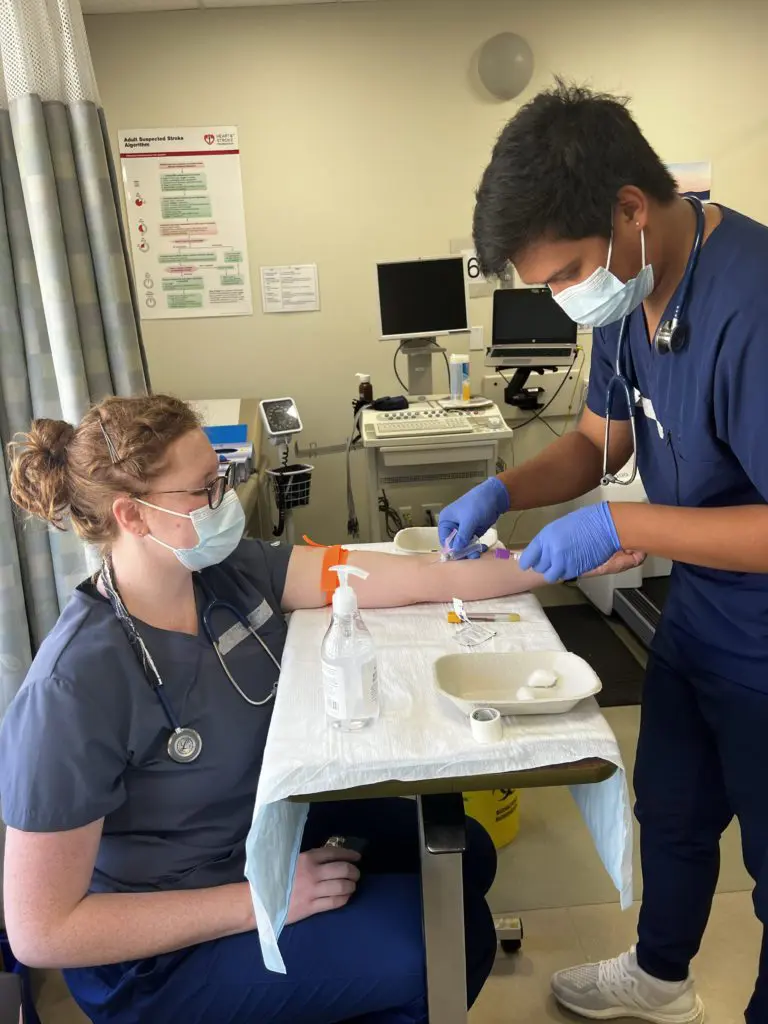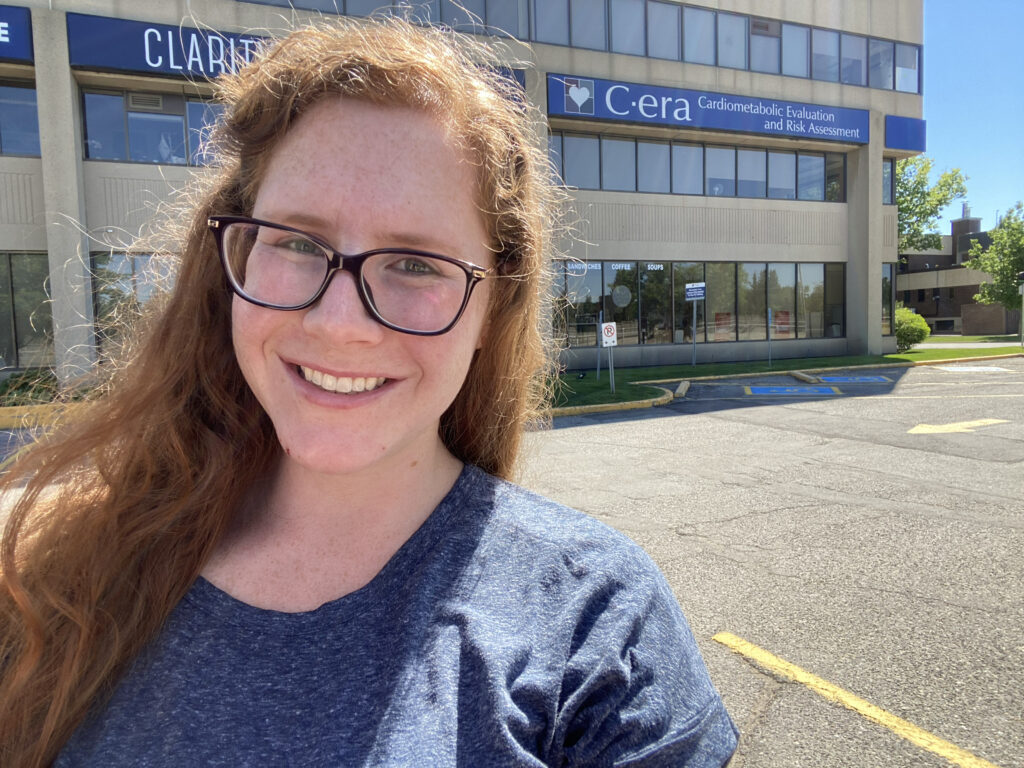The courses in the program so far I find very relevant and engaging. The way the courses are laid out helped in setting a foundation for the next course. So Medical Terminology was one of the first courses I took, so it set the foundation for understanding medical terminology used in the medical field. From Keyboarding and Computer Fundamentals, Anatomy and Physiology/Pathology, Cardiac Anatomy and Pathology, Pathology of Diseases, Rhythms, Arrhythmias, and Pacemaker Studies, Cardiac Pharmacology just to name a few – I found very interesting. The more I learned the more I wanted to learn because they each lead me closer to my goal of being a competent certified CT. Anatomy & Physiology was not a difficult course per se, it was the detail and volume of information that made retaining information challenging. I think how one applies themselves to a task determines the outcome, so if one is focused and put in the time they will succeed. That’s how I was able to make it through.
I think my eagerness to learn and succeed has taken me 80% of way to achieving my goal so learning the material comes easy. Some people are talented and are naturally intelligent so all they have to do is breathe and they get an A+. For me, how I apply myself is what gets me through. My challenge therefore comes in the form of information overload. Depending on the course and the length, it’s difficult absorbing the material. Before you know it the course is done; therefore if one does not plan and remain focused during a highly detailed course it’s easy to fall behind and not do well. That challenge came during my Rhythms, Arrhythmias, and Pacemaker Studies. There were so many criteria to learn for the various arrhythmias and rhythms that I felt overwhelmed. I had to put in the extra time to get through the course, however during labs, everything came together nicely – everything finally clicked.
For those without a medical background like me, it’s all about self application. The mind is a beautiful thing so if you want something bad enough it can happen! Face to face has its pluses – you know you have a question you get an answer right away or someone may have asked the very question you had. I remember during university I’d leave a class and still have questions or not understand what the professor said. I’d still have to meet them during office hours for clarification or I’d have to re-read my notes or do some research. I still met with my classmates to tackle cases or hard finance or accounting questions. Online learning is no different other than the instant feedback in class. If anything being in class might embarrass some because they don’t what to ask a stupid question. The find the online course works very well because you are learning at your own pace and according to your learning style. Private messages can be sent to the instructor or it can be posted in the discussion forum for input my classmates. So it works!
Check out a video of our cardio tech students in action.






![An ECG demonstrates the extensive antero-septal-lateral myocardial infarction [heart attack] that Taryn witnessed.](https://stenbergcollege.com/wp-content/smush-webp/2022/12/ecg-1024x530.jpg.webp)



